Swinging on the Garden Gate
By Elizabeth Jarrett Andrew (Skinner House Books, 2022)
When I opened Swinging on the Garden Gate, I was expecting a sort of clinical “fix-it” or “How to Deal With Being Bisexual 101” type of book, but instead I found a warm hand holding mine and inviting me in.
Within the book’s pages, Elizabeth Jarrett Andrew introduces us to a little girl filled with a vibrant, wild spirituality that makes her long to dance through the aisles of her church and love others fiercely. But slowly the girl becomes constricted by societal expectations, alienated from the “normal” desires of her peers, afraid of her body, and lacking a sense of meaning.
It is not until her college years, as Andrew is journeying across the world, feeling burnt out and hollow, that she finally begins to grieve for the little girl. She sleeps for days and finds God among the mountains and ravines. And she meets herself: “The body I turned my back on and ran from in panic was my body, a holy vessel. . . . In the end I was no longer afraid to touch her.” She finally utters the word bisexual about herself.
She comes out to her spiritual mentor, her parents, her friends, and her congregation. Among the dusty shelves of a local bookstore she finds her vocation: to stand in the literary gap and reach out to the margins. She describes searching the shelves vainly for a book on bisexuality: “The gap on the bookshelves gave me a mandate: Walk into your longing. Write this book.” And she certainly did. With the incredible gift of her memoir, Andrew shows us that we’re not alone, that we’re all trying to find our way in this society full of restrictions and loneliness. She reaches through the pages and shows us that we can find God within bodies we were taught to hate. She opens the garden gate and invites us in. We are safe.
—Bri Rooke
The Samaritan Woman’s Story
By Caryn A. Reeder (InterVarsity Press, 2022)
Caryn A. Reeder presents a fascinating interpretation of John 4:4–42 in the context of the #MeToo and #ChurchToo movements, with challenging ideas for reimagining the ecclesial community. The Bible, Reeder notes, gives voice to the marginalized against the powerful, making a strong call for justice.
However, the Bible is also implicated in stories of abuse because of the male-centered world of its origin. Thus, it has been used to perpetuate violence rather than protect the vulnerable. The Bible has even contributed to sexual abuse in the church. As Reeder observes, the #ChurchToo movement reveals the devastating consequences of a culture of violence.
Reeder shows how the church’s history of interpreting the Samaritan woman’s story supports the “sexualization and marginalization of women, factors that have contributed to the crisis of sexual assault in the church.” Reeder negotiates between the characterization of the Samaritan woman as a sinner, adulterer, and social outcast and her identity as an intelligent theologian and a model of discipleship.
Past interpretations of the story have been limited due to a lack of engagement with the historical context of the first-century Greco-Roman world. Essential to understanding John 4:4–42 is knowledge of how marriage contracts worked. Understanding the role her family might have played in arranging her marriages is important for interpreting the story. Marriage, in that culture, was an alliance between families for social, economic, and political reasons. Men arranged marriages for their daughters and sisters. There is no evidence that this was not the marital history of the Samaritan woman. Reeder invites pastors, teachers, and Christians to see in this story the equality of the children of God, and a summons toward full participation of women in the church, to address the crisis of #ChurchToo.
—Father Ferdinand Okorie, C.M.F.
Briefly noted:
Hope: A User’s Manual
By MaryAnn McKibben Dana (Eerdmans Publishing Co., 2022)
McKibben Dana presents a different view of hope than our culture often presents—a “story we live by” rather than a mentality we struggle to maintain.
Life’s Too Short to Pretend You’re Not Religious
By David Dark (Broadleaf Books, 2022)
Dark argues that every one of us is religious in some way, and he invites us to come to terms with how our values intersect with the way we approach the world.
Against War: Building a Culture of Peace
By Pope Francis (Orbis Books, 2022)
Pope Francis calls for a global cultivation of nonviolence and a pledge to “never again war.”
This article also appears in the December 2022 issue of U.S. Catholic (Vol. 87, No. 12, page 39). Click here to subscribe to the magazine.


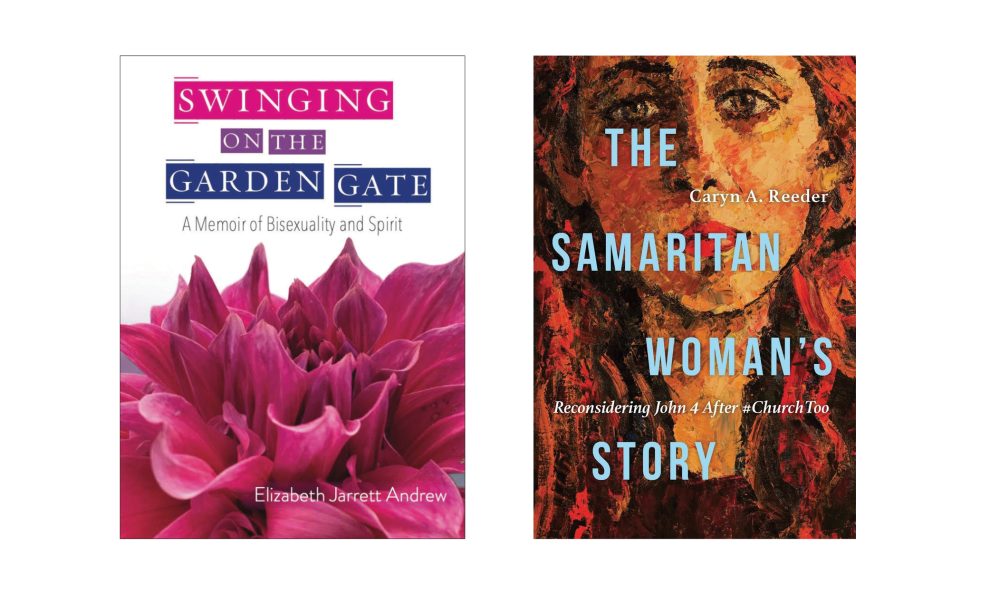
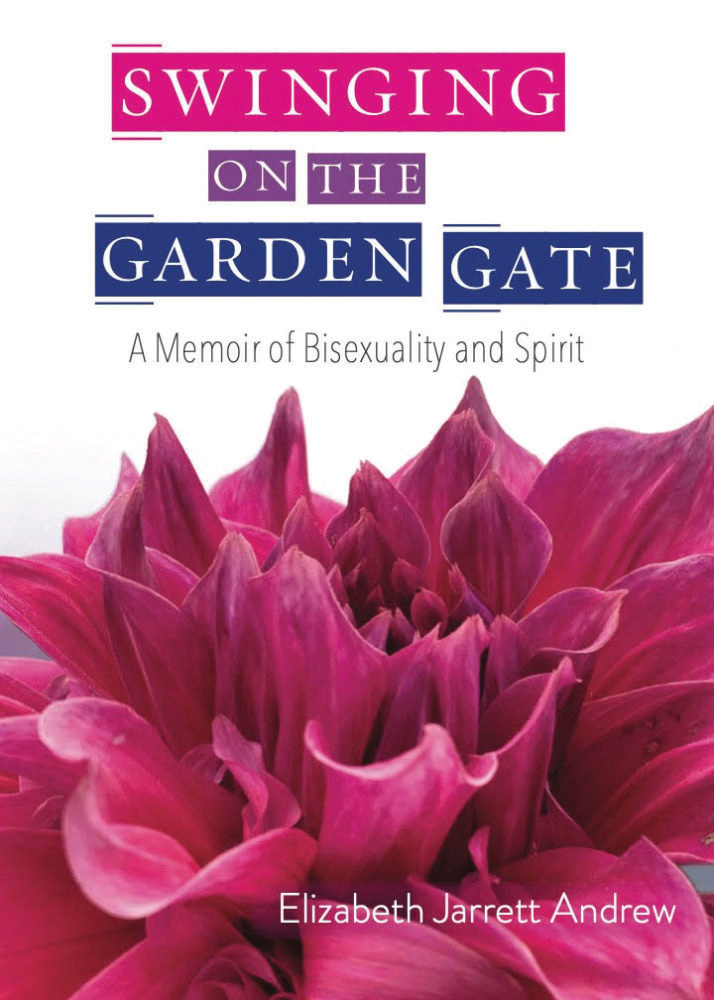

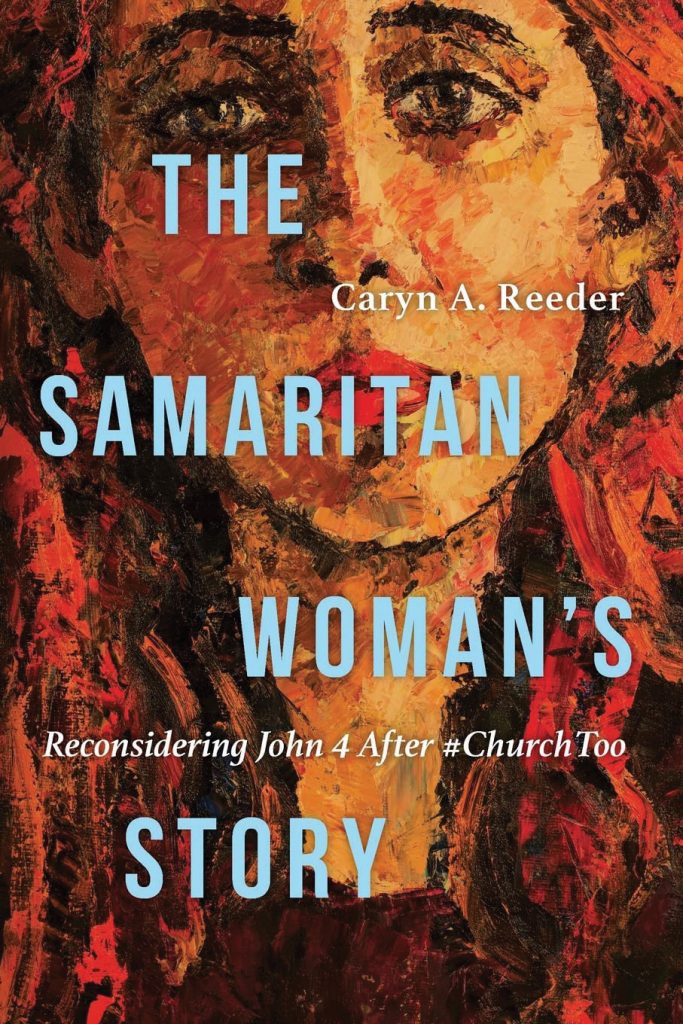

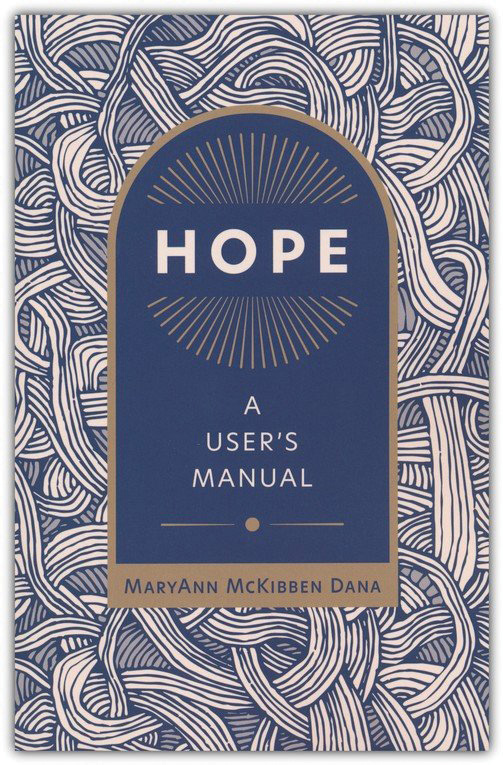
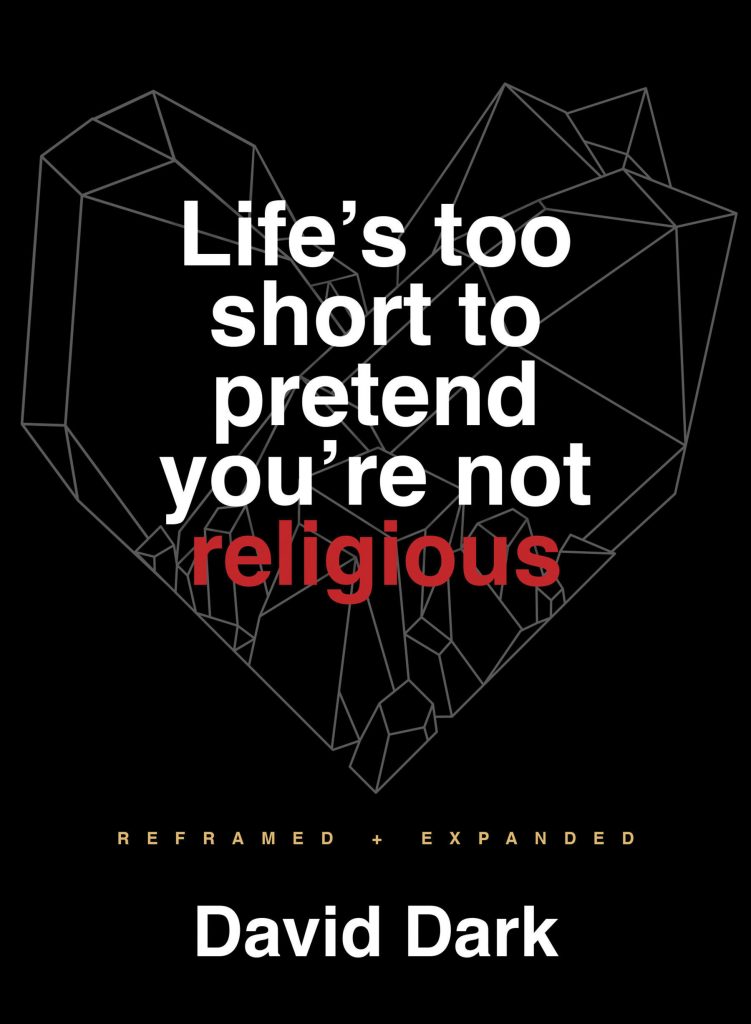
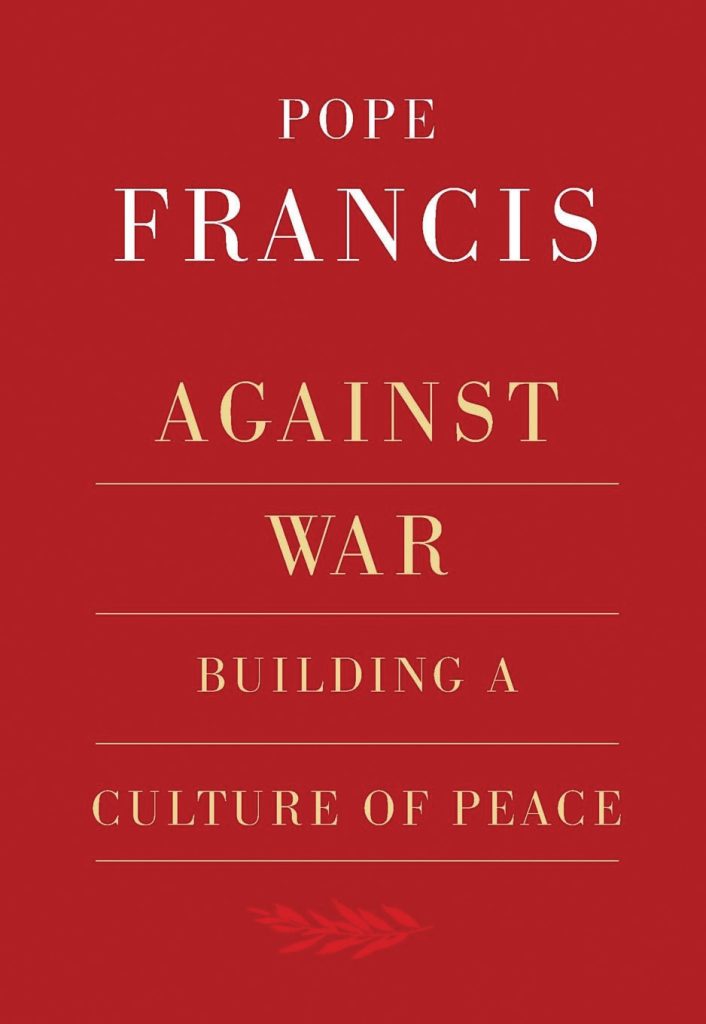











Add comment